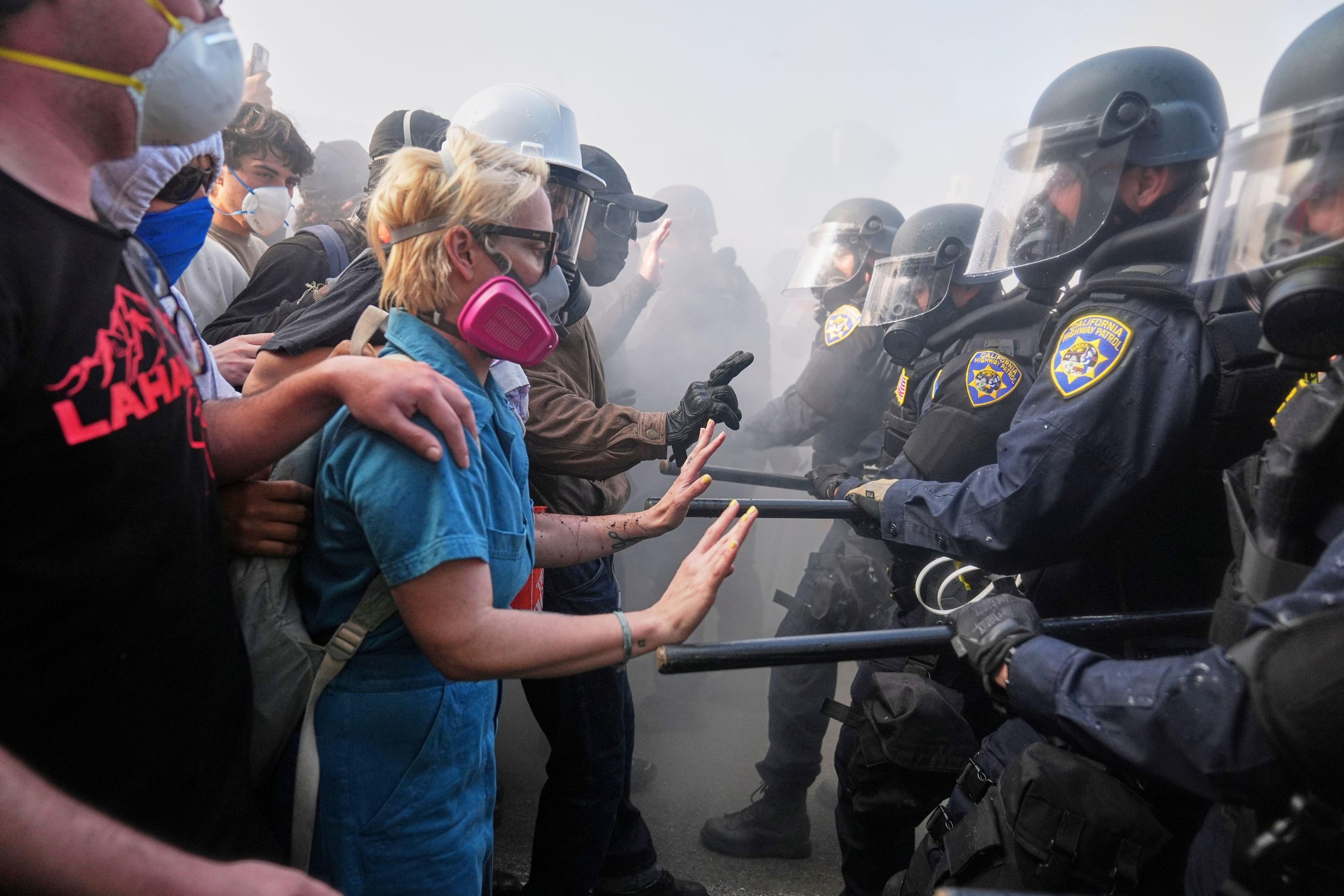The third ever Belgrade Pride parade took place last Saturday behind closed doors in the city’s Media Centre, due to a last minute ban imposed by authorities. The move attracted widespread international criticism as a violation Serbian citizens’ constitutional right to freedom of expression.
Last Wednesday, only three days before the long-planned march through the city, Prime Minister Ivica Dačić announced a blanket ban on all public gatherings set for 6 October, citing “security concerns“.
“Pride parades are a litmus test for freedom and human rights adherence in Europe”, said Swedish Minister for EU Affairs, Birgitta Ohlsson — heavily implying is was a test Serbia had failed. She was due to deliver the keynote speech at the parade during her state visit to the country.
“Today, in 2012, the rights of minorities, freedom of speech, and freedom of assembly should be guaranteed in countries that are members of the European Union or applying to join,” Ohlsson added in an official statement released in Wednesday.
Thorbjorn Jagland, Secretary-General of the Council of Europe, also spoke out on the day: “Citizens should be able to exercise their rights of freedom of assembly and freedom of expression. Serbia should be in a position to safeguard such an event, which is commonplace in modern democracies.”
Serbia’s gay rights record in notably poor. While discrimination based on sexual orientation is illegal, the political will to enforce this existing legislation is not there. The previous two Pride parades have been attacked by scores of anti-gay protesters. In 2010 over 6,000 extreme right hooligans clashed with police, wounding 147 officers and 20 civilians. But the ban also showcases the authorities’ selective commitment to the constitutionally guaranteed right to freedom of expression, assembly and association. Indeed, both the 2009 and 2011 planned parades were stopped — then, as now, due to “security concerns”.
The ban could prove to have consequences for the country’s ambitions of EU accession. While a successful Pride parade in itself is not a condition for membership, increased protection of minority rights and respect for basic civil liberties has been flagged up ahead of preliminary talks.
But Prime Minister Dačić, referencing the violence that marred the 2010 parade, argued their choice was “a victory for Serbia,” because “Saturday will be a peaceful day”.
The parade organisers, however, remain defiant. They are filing an official complaint to the Constitutional Court, and have already announced that next year’s Parade is to take place on 28 September.
“This is the fourth time authorities have banned public gatherings organised by human rights defenders. This is a systematic violation of the right to free assembly, which is a basic premise of democracy,” organiser Goran Miletic told Index.
“The problem is only with the politicians, not the citizens. Politicians must realize that they must respect the constitution, laws and international standards. This is not just a question of Pride, but of other basic human rights,” he concluded.





